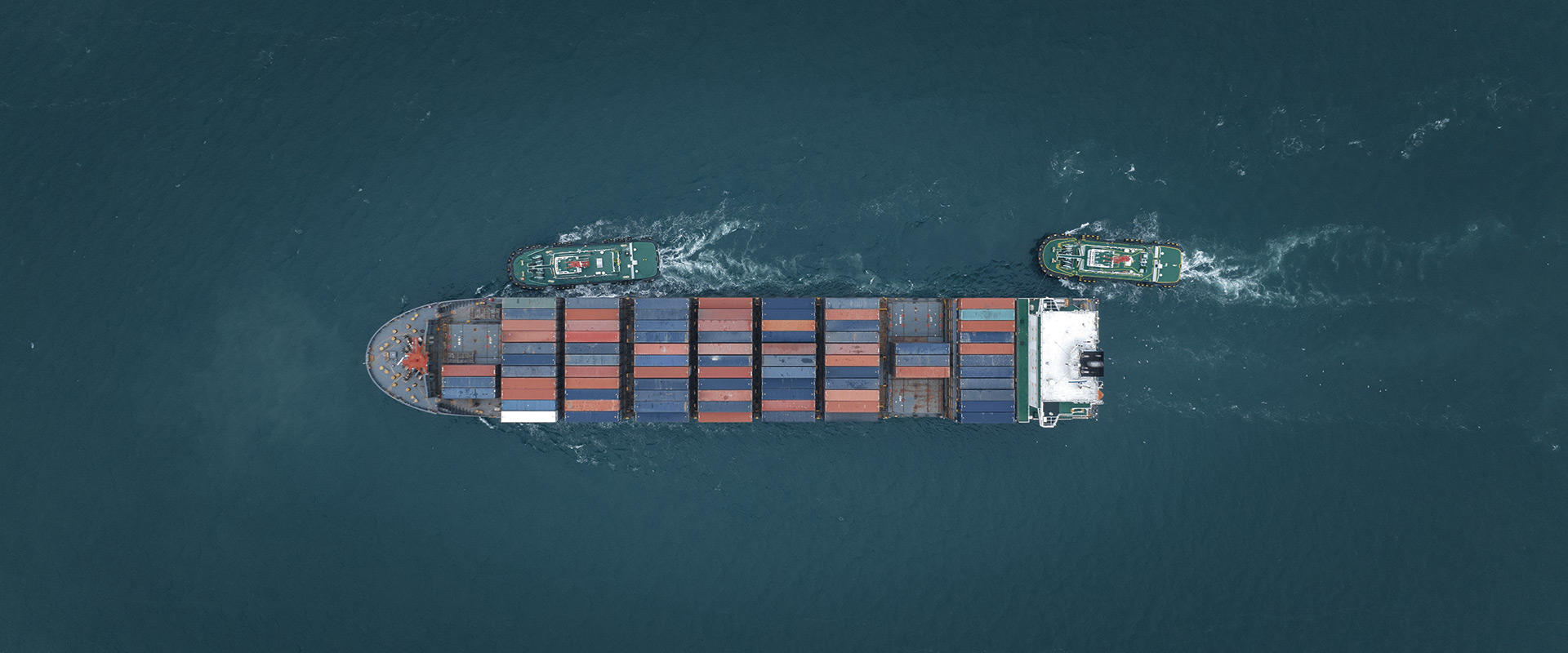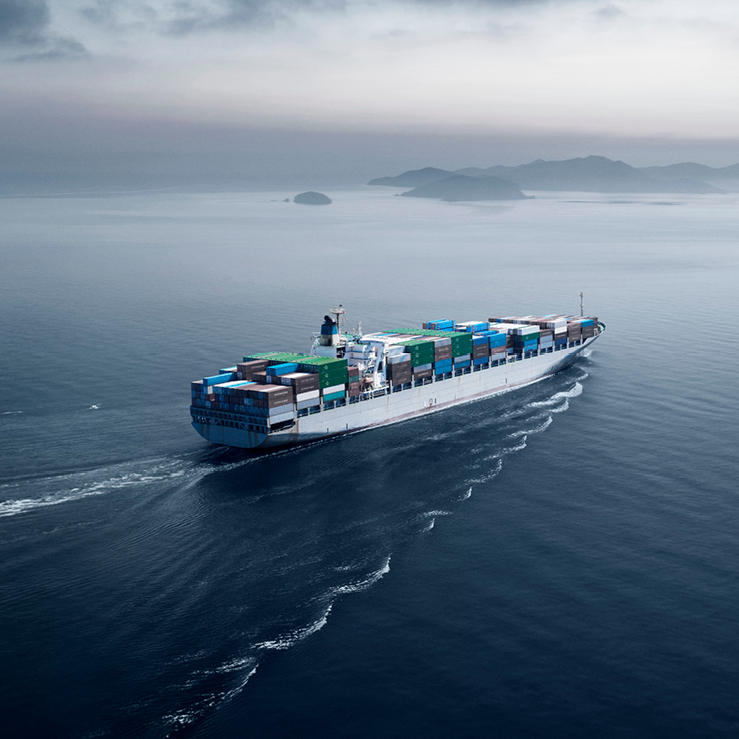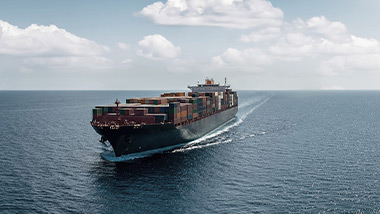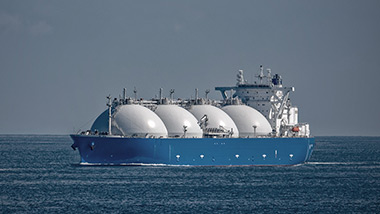Many alternative fuels are not yet available in the volumes needed by the shipping sector. The implementation of alternative fuels is complex and requires maturity across several supply chain stages.
New research suggests that alternative fuel technologies are demonstrating an increasing readiness for implementation.
In a readiness assessment, classification and advisory firm Lloyd’s Register have uncovered the key trends in the landscape of alternative fuels. The results are presented in the table below, covering three readiness perspectives: the maturity of a technology (TRL), how mature a technology is for receiving investments for, for example, commercial scaling (IRL), and the degree to which a community is ready and willing to implement and support the technology (CRL).







